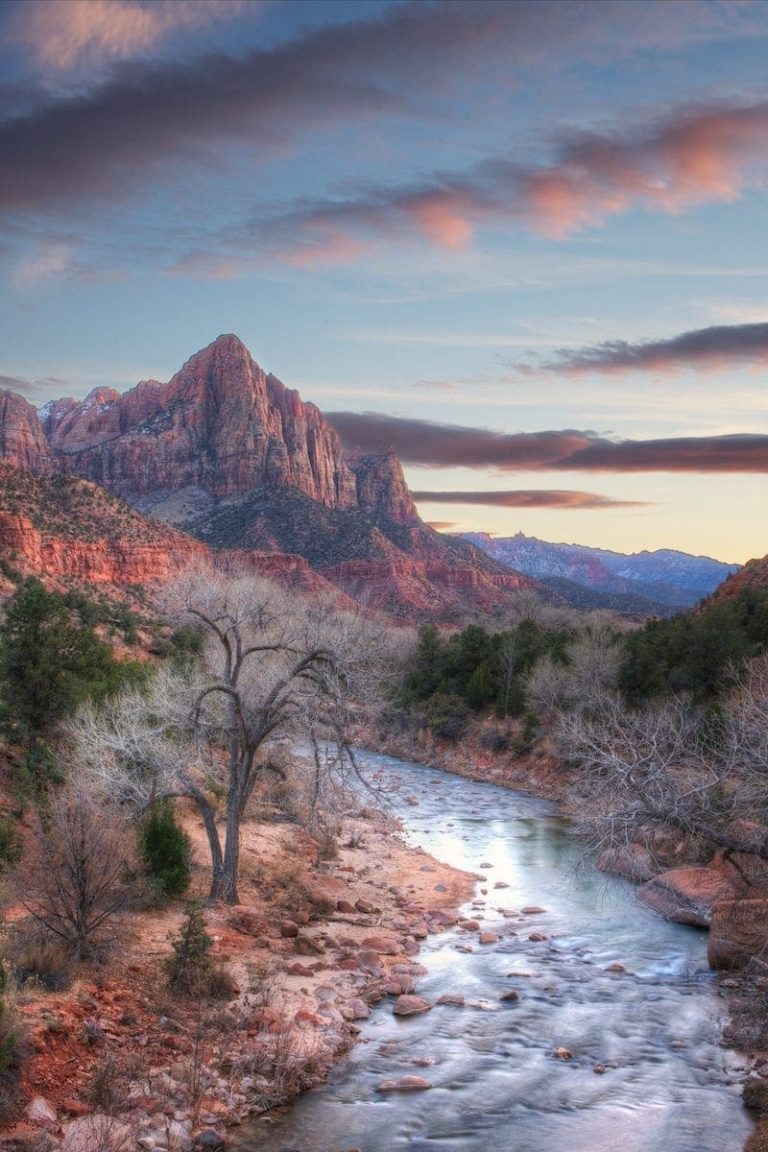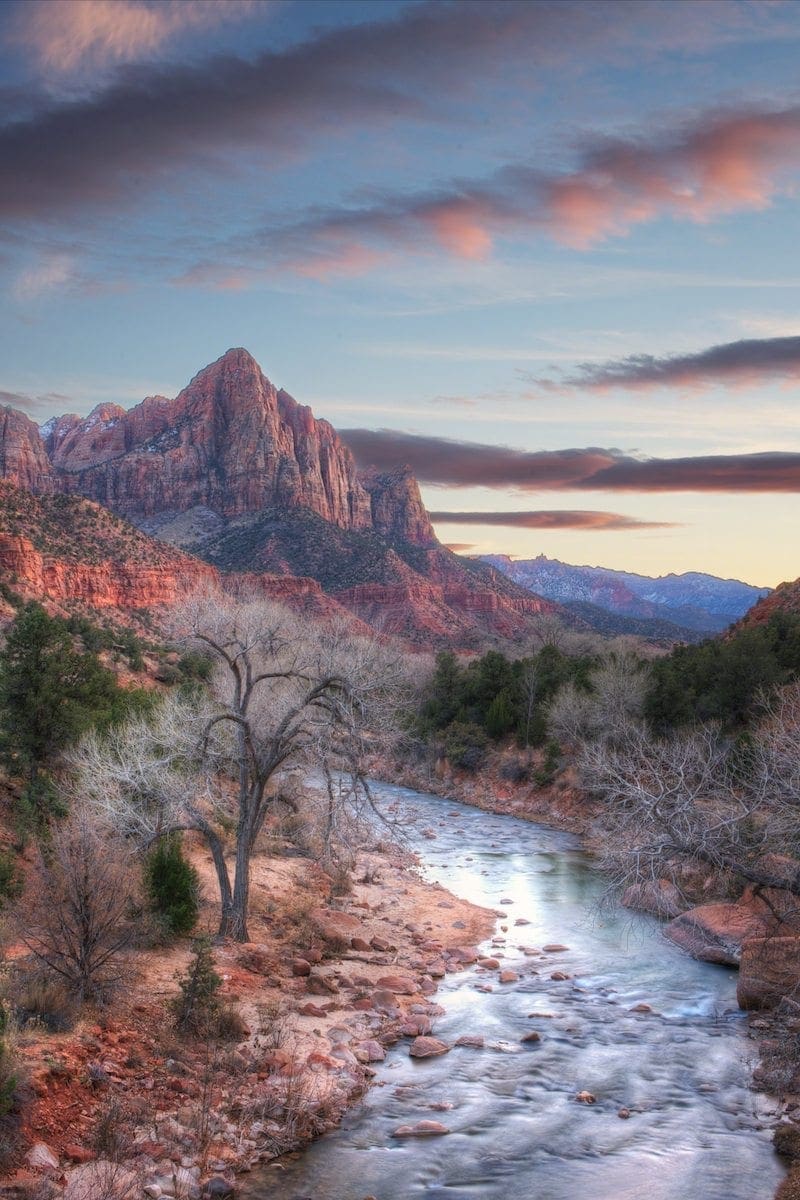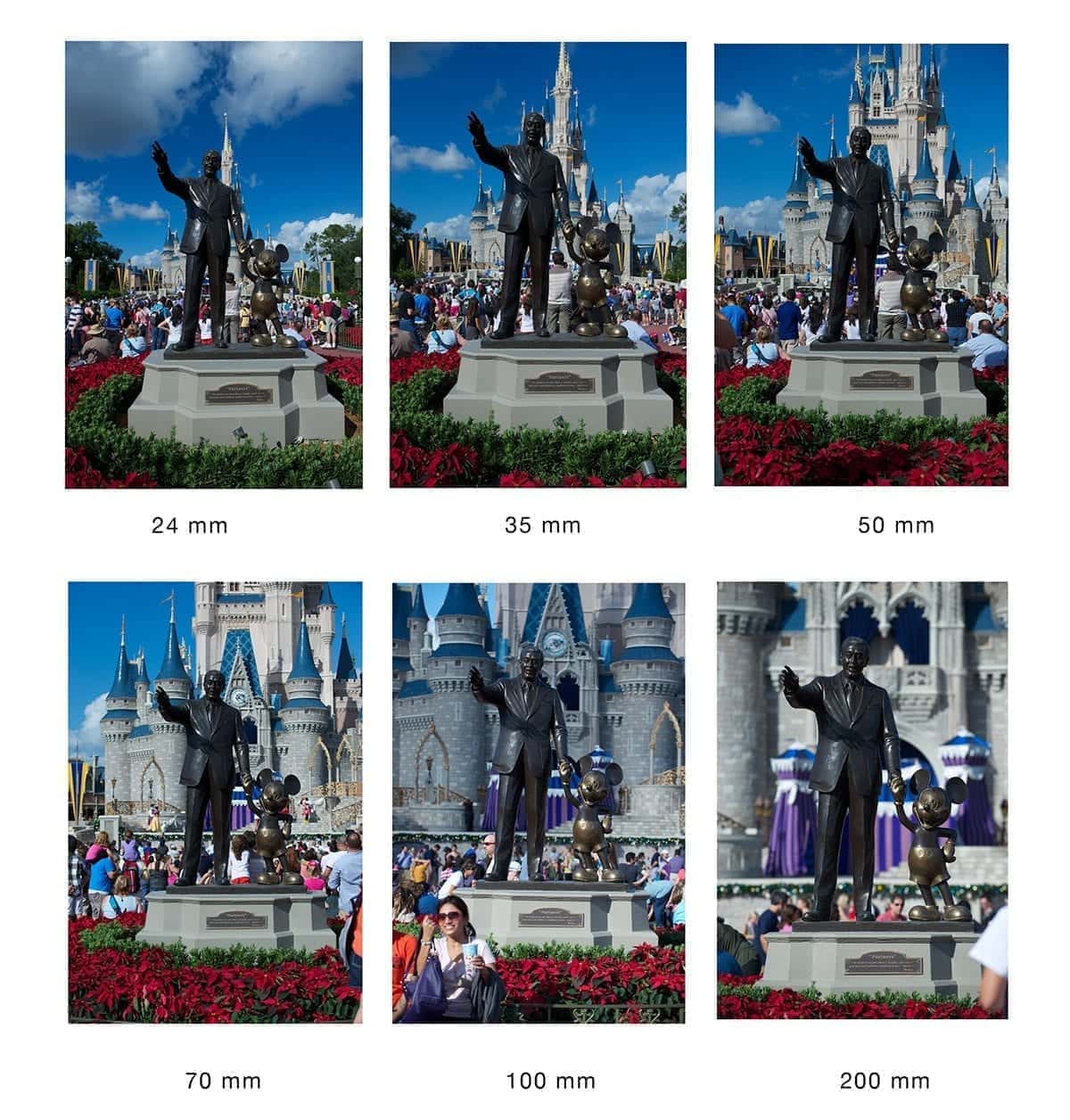Affiliate Disclosure: We earn a commission if you purchase through one of our links at no additional cost to you.

I was just watching an archive video of a NAPP Member video that Larry Becker and RC Concepcion created to help illustrate some of the methods of sharing your photos on the web, and the issues you face when doing it. For me, the most informative part was watching how easy it is to create some impressive photo galleries using Photoshop Bridge and easily available components. It’s making me consider some changes, but that’s not what I want to write about today.
Note: If you’re a NAPP member, you can find the webcast here as the September 2010 webinar. If you’re not a NAPP member, then you’re missing out on a lot of useful information.
The latter part of the webinar dealt with some issues I’ve already experienced, so I thought I’d share that information here. If you’ve heard this before, keep reading anyway. Sometimes the constant drumbeat serves a purpose.
- Image Theft – It’s going to happen. If you put your photos on the web, someone is going to take it. Accept it and understand what that really means to you, though. Some random guy snagging one of my photos because he thinks its a nice scene or has a pretty girl in it isn’t going to bother me. I was never going to make any money from that person, anyway. Will someone steal my image to use so they can earn money and not cut me in on a single penny? Yes. It’s happened. Most of the time, it’s some lowlife website that takes the RSS feed from Flickr photos and streams it on their own web page that’s filled with Google Ads. No work and they hope to get some cash. It irks me, but I can’t stop it and life is too short to worry about things beyond my control. Will some major corporation steal my image and use on an advertisement or corporate brochure? Not likely, but not impossible. If they do, there’s really one thing I can do that will help me out.
- Register Your Copyright with the Government – I won’t claim to be a lawyer, but I will pass along information that I’ve heard from one. Jack Reznicki (photographer) and Ed Greenberg (lawyer) have an excellent course on KelbyTraining.com discussing how to register your photos and why you need to do it. The process is simple and only costs $35 to register a plethora of images. Why do you need to do it? I mentioned on a previous post that I register all of my images. A person left a comment that I didn’t need to do it because I automatically have copyright protection, since the USA is part of the Berne Convention. That’s true. However, the USA’s participation in the Berne Union requires registration in order to make attorney’s fees and statutory damages available. If you don’t register your photos, you’re only entitled to compensation for the usage. The value of the usage compensation may be debatable and insignificant, particularly in this era of micro-stock photos. According to Ed’s comments, a judge won’t even listen to your case if you don’t have proof of copyright registration. It’s quick, it’s cheap, and it can give you the opportunity to sue the pants off some entity that infringes upon your photos. Why wouldn’t you register your photos?
- Add MetaData to Your Images – If you post an image on the web, add some information that identifies you as the owner and how someone can contact you. I put in my name, e-mail address, web site, and other information. Bear in mind how much you share. For example, you may not want to put in your phone number. I have a Google Voice number rather than my direct number. If someone wants to call me to arrange a license for one of my images, I want to let them do it. However, Google Voice also lets me filter calls from unknown sources. I can let them go straight to voice mail while my friends and family get right through to me. It’s the same number I put on my business cards. That leaves me with a consistent phone number for my photography contacts, even if I move or change numbers from various service providers.
- Watermarks Suck – For the longest time, I put watermarks on the images I uploaded to Flickr. Bear in mind that I knew nothing about graphical design or typography. Basically, they were some ugly little pieces of text in the lower corner of my images. It didn’t stop anyone from stealing my images if they wanted. One Russian site took every picture I made at a Hawaiian Tropic Bikini Contest, slapped on their own, bigger watermark on top of mine, and then posted the images as their own. Nothing about my watermark prevented thieves from taking my photos, and they just got in the way of the images. That’s why I don’t bother with watermarks now. They look awful and are ineffective.
- Choose your Image Size – The images I’ve uploaded to my web site are generally at a width of 900 pixels. The template can go up to 920 pixels. Beyond that, I start pushing out borders or causing other problems. There are times when I’d like to post something larger. Maybe I’ll work it out one day (click here to get a larger version), but there’s an advantage to using the 900 pixel size. It’s large enough to convey a sense of the image and small enough to be of little value to a potential thief who would use it for printing. The template I use prevents people from right-clicking to download my images, but someone could use a screen-scraper to get them. At 900 pixels, it isn’t even large enough to make a decent wallpaper on a modern computer screen. I’m not losing sleep over this size.
- Bonus Point – Post ugly pictures and people won’t want to steal them, anyway.
I’m not going to sit here and claim that I’ve never right-clicked and saved an image on the web. It’s going to happen and worrying about it is not a solution. However, you can mitigate the impact of image theft by following some of the points I’ve listed above. Seriously consider registering your images with the Copyright Office, though. As Scott Kelby shared during a session about Blogging for Photographers at Photoshop World, he’s not worried that some big corporation is going to steal his images. He’s praying they will so he can cash in on it because he registers all of his work. I’m doing the same thing.








